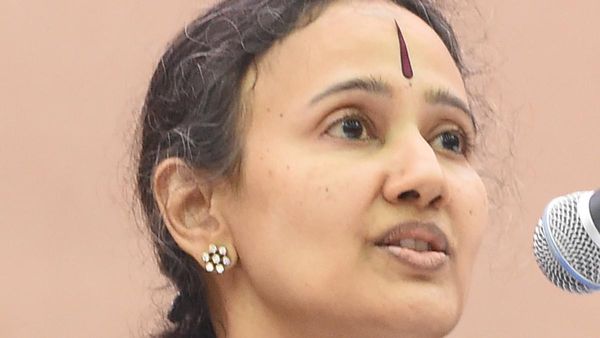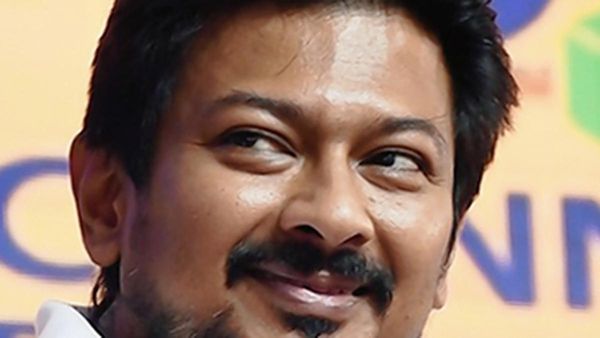In a key observation, Justice Anita Sumanth of the Madras High Court has contended that the ferocity shown by people on grounds of caste, is also because of the benefits accorded by the State to different caste groups and therefore, the blame cannot be laid entirely upon the ancient Varna Dharma (division based on caste) propounded by the Rig Veda.
The judge made the observation while disposing of quo warranto pleas against Tamil Nadu Youth Welfare and Sports Development Minister Udhayanidhi Stalin, Hindu Religious and Charitable Endowments department Minister P.K. Sekarbabu and Nilgiris Member of Parliament A. Raja over the Santana Dharma row.
Lamenting that divisions based on caste were deeply entrenched in the State though the present day caste system prevailing in the society was less than a century old, the judge rued that “individuals” were seen to be fanning casteist passions which was not in the interests of the State or its people.
The judge held that the three lawmakers had attacked Sanatana Dharma (eternal principles followed by Hindus) by wrongly equating it with Varna Dharma. She said the latter divides people solely on the basis of their avocation and not by birth as it had been understood by them.
“The Varna system does not contemplate division on the basis of birth, but based on avocation. The system was designed to work towards the smooth functioning of society centuries ago where the chief avocations were identified based on the then needs of society. The relevance of such a system today, is itself moot,” she wrote.
Agreeing unequivocally that there were inequities based on caste in present-day society and they must be eschewed and eliminated by using the entire might of the State, the judge, however, said, “The origins of the caste system as we know it today are less than a century old.”
The State of Tamil Nadu, at present, had 370 registered castes and it was witnessing a cacophony of pulls and pressures by groups of persons claiming allegiance to one caste or the other, she said. “This ferocity among persons belonging to different castes is also, in part, on account of the benefits made available to them. Can one lay the blame for these torturous circumstances entirely on the ancient Varna system? The answer is emphatically in the negative,” the judge observed.
She went on to state: “If the leaders in a State wish to lead an egalitarian land with equal sharing of resources among all the people, they must set an example by exhibiting fairness in approach, moderation in speech and a sincere desire to understand the differences between their people.”
The judge said, it was a matter of record that there had been severe ravages by fellowmen, at differing points in time, in different sections of society, all in the name of supremacy and domination of caste, and as a response to a perceived domination by certain castes.
“I refrain from chronicling the details, as not being directly relevant to the subject matter of this order and also for the reason that there is no benefit to be gained in re-visiting past events and episodes that have been the source of pain, trauma and deep sadness to sections of people at different points in time,” she said.
The judge, however, recorded her observation that such events must be deprecated, and that the Court does so, unequivocally. “There must be repair and damage control on an ongoing basis to correct the unfairness of the past. There must, consequently, also be sincere introspection on the methods that can be evolved to correct injustices and foster equality, today and going forward,” she advised law-makers.










